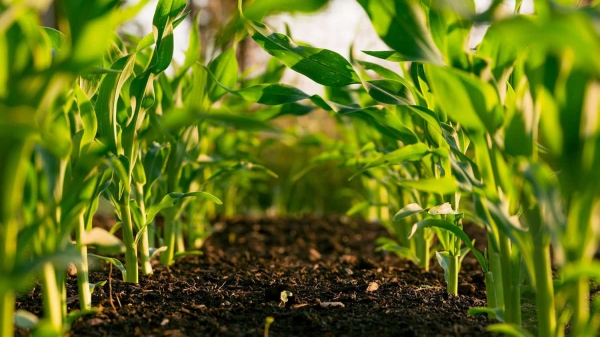Researchers have developed a computer model that forecasts yield for four key crops in the southeastern United States: cotton, corn, sorghum, and soybeans. The tool is designed to help farmers and government water resource managers make informed decisions about crop selection and irrigation techniques in the face of a changing climate.
“Due to climate change, seasonal rainfall amounts in the Southeast are expected to fluctuate significantly from what we’ve seen in the past,” says Hemant Kumar, first author of a paper on the work and a Ph.D. student at North Carolina State University.
“For example, we are likely to see more periods of drought, as well as more periods of heavy rainfall during summers. Our model draws on climate, groundwater and agricultural data to do two things: help water managers make efficient use of the available water resources on a county-by-county basis; and help farmers in individual counties identify ways to maximize their crop yields by efficiently utilizing water and energy. We found that using deficit irrigation strategies, rather than conventional irrigation techniques, increased profits by reducing the pumped water amount by 14% (245,000 acre-feet) annually.”
Read more at: North Carolina State University
Photo Credit: Steven Weeks.


